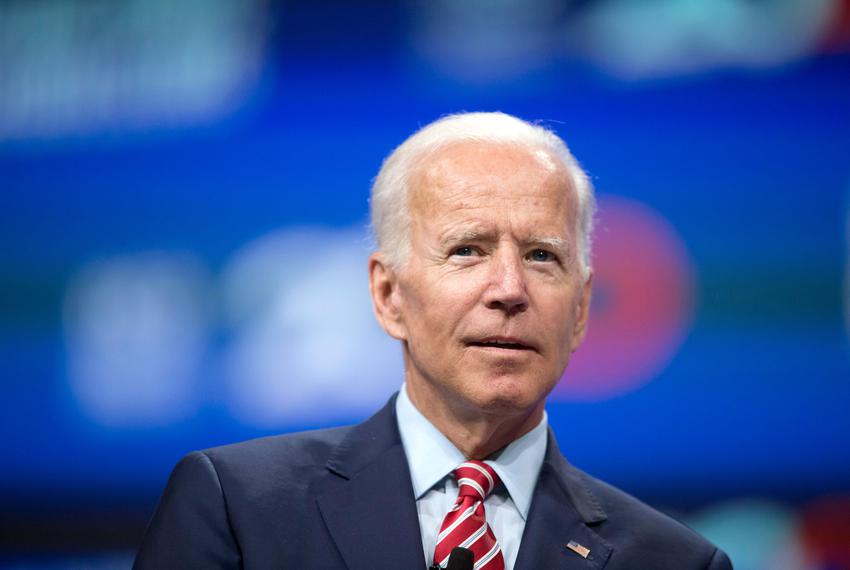Wikileaks co-founder Julian Assange has been arrested at the Ecuadorian embassy in London.
Assange took refuge in the embassy seven years ago to avoid extradition to Sweden over a sexual assault case that has since been dropped.
The Met Police said he was arrested for failing to surrender to the court and following a US extradition request.
Ecuador’s president said it withdrew his asylum after repeated violations of international conventions.
But Wikileaks tweeted that Ecuador had acted illegally in terminating Assange’s political asylum “in violation of international law”.
Home Secretary Sajid Javid tweeted: “I can confirm Julian Assange is now in police custody and rightly facing justice in the UK.”
Assange set up Wikileaks in 2006 with the aim of obtaining and publishing confidential documents and images. The organisation hit the headlines four years later when it released footage of US soldiers killing civilians from a helicopter in Iraq.
Former US intelligence analyst Chelsea Manning was arrested in 2010 for disclosing more than 700,000 confidential documents, videos and diplomatic cables to the anti-secrecy website.
She said she only did so to spark debates about foreign policy, but US officials said the leak put lives at risk.
Assange, 47, had been in the Ecuadorean embassy in London since 2012, after seeking asylum there to avoid extradition to Sweden on a rape allegation – which he denied and was later dropped.
But he still faces a lesser charge of skipping bail in 2012 and he says this could lead to an extradition to the US for publishing US secrets on the Wikileaks website.
Scotland Yard said it was invited into the embassy by the ambassador, following the Ecuadorian government’s withdrawal of asylum.
Assange would remain in custody at a central London police station, before appearing at Westminster Magistrates’ Court “as soon as is possible”, the statement added.
Ecuador ‘reached its limit’
The Ecuadorean president said the country had “reached its limit on the behaviour of Assange” after he intervened in the internal affairs of other states.
Moreno said: “The most recent incident occurred in January 2019, when WikiLeaks leaked Vatican documents.
“This and other publications have confirmed the world’s suspicion that Mr Assange is still linked to WikiLeaks and therefore involved in interfering in internal affairs of other states.”
His accusations against Mr Assange also included blocking security cameras at the embassy, accessing security files and confronting guards.
It comes a day after Wikileaks said it had uncovered an extensive spying operation against its co-founder at the Ecuadorean embassy.
There has been a long-running dispute between the Ecuadorean authorities and Mr Assange about what he was and was not allowed to do in the embassy.




